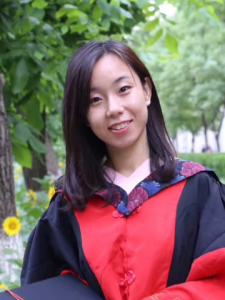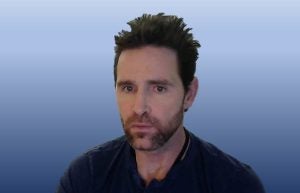 Dr. Yan Wang
Dr. Yan Wang
Post-Doctoral Fellow
Email: yanwa@ucdavis.edu
I am interested in Attachment Theory, especially attachment relationships. My research focuses on questions about how attachment influences information processing and other important outcomes. In particular, I’ve been interested in the role attachment plays in memory of painful events and the psychological changes associated with attachment over time. I’ve also been working on projects examining how attachment orientations influence relational quality and personal health through perceptions of social support in adulthood.

Dr. Ben Reeb
Post-Doctoral Fellow
Email: btreeb@ucdavis.edu
I received my MS in Child Development and PhD in Human Development and Family Studies from UC Davis, where my program of research has focused broadly on mental health during childhood and adolescence. More specifically, one area of my research involves how family relationships, parenting, and contextual stressors influence the transmission of depression, anxiety, and behaviors such as substance abuse from one generation to the next. I am also interested in the processes of healing from complex trauma and in understanding stigma related to both mental illness and treatment-seeking. Clinical work is another passion of mine, and I am working towards my MSW at Portland State. Some of my experiences in the field have included working as a counselor for women healing from sexual assault, a caseworker for college students experiencing housing insecurity and homelessness, a social-skills group leader for adolescents with autism spectrum disorders, and a parenting group leader for first-time mothers of foster children. Through my academic and social service experiences, I have seen the research-practice gap in psychology / social work firsthand, and the dramatic limitations it poses for efforts to identify and protect the most vulnerable populations in our society. As a consequence, bridging this gap will always guide my work. For example, social welfare service has absolutely helped inform and direct my program of research in terms of understanding which questions might benefit practitioners–and those they serve–the most.
